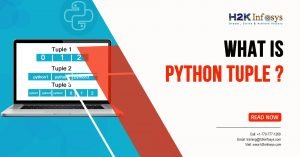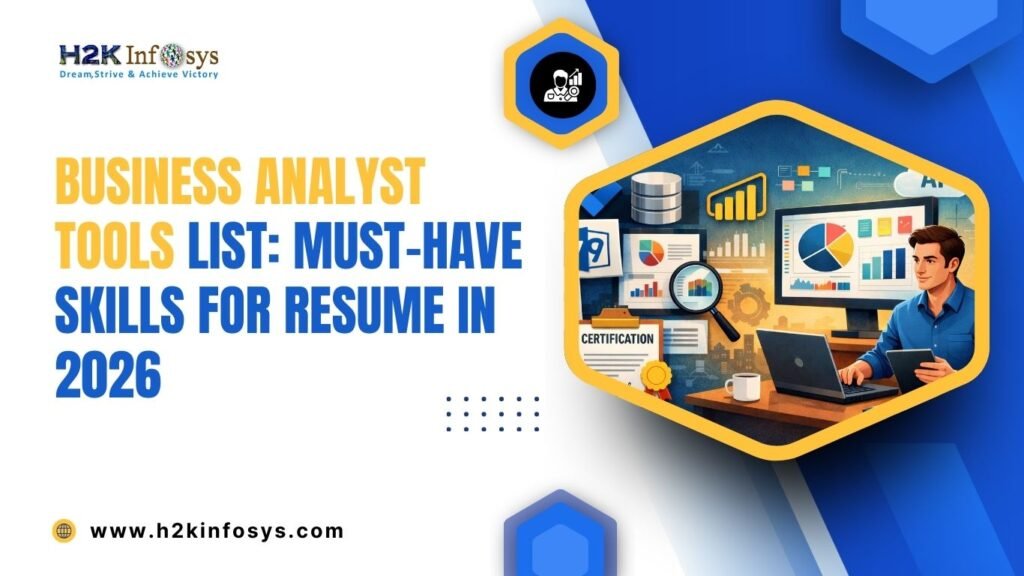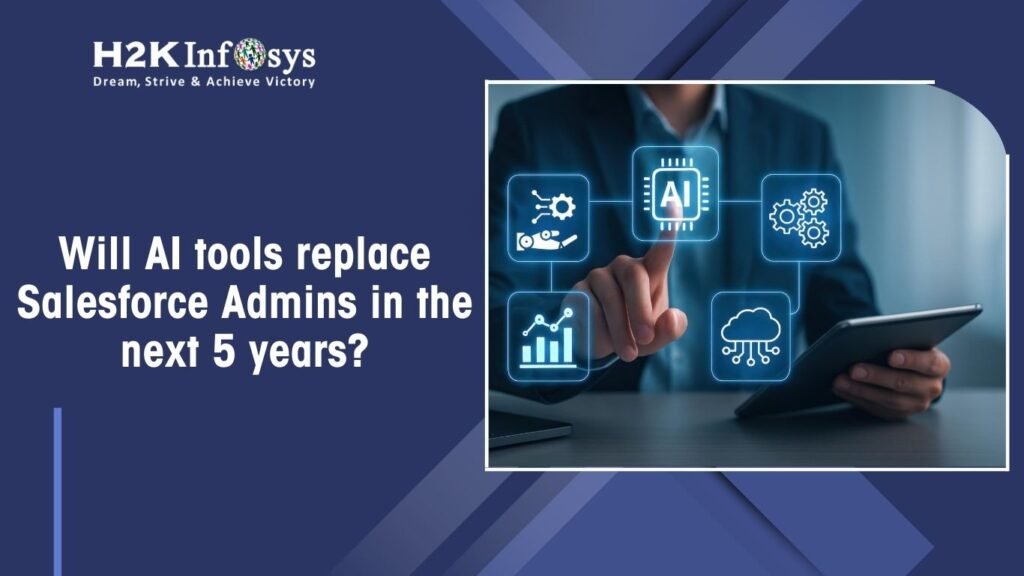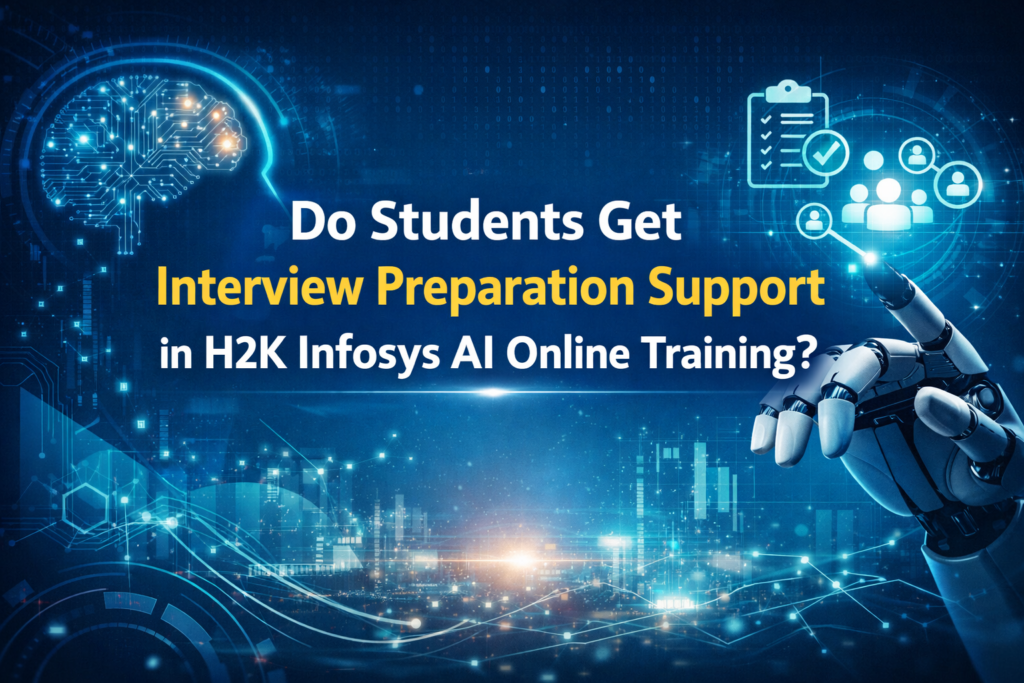Introduction:
Python has evolved far beyond being just a programming language for beginners. In 2025, it powers artificial intelligence, data science, automation, cybersecurity, and web development. With companies increasingly seeking certified Python professionals, advanced Python certifications have become a proven way to validate your skills and accelerate your career growth.
While basic Python credentials such as PCEP (Certified Entry-Level Python Programmer) demonstrate fundamental knowledge, advanced certifications like PCAP, PCPP1, and PCPP2 showcase mastery in object-oriented programming, file handling, and complex frameworks. These certifications help professionals stand out in competitive fields and often lead to higher salaries, leadership roles, and specialized positions in tech.
Let’s explore how advanced Python certifications can elevate your coding career, what courses to choose, and how to prepare effectively.
1. Understanding the Python Certification Landscape
Python certifications are structured to assess skills at multiple levels. Here’s a quick breakdown of the official certification pathway recognized globally:
| Certification | Level | Purpose |
|---|---|---|
| PCEP – Certified Entry-Level Python Programmer | Beginner | Verifies understanding of basic syntax, data types, and loops |
| PCAP – Certified Associate in Python Programming | Intermediate | Tests programming logic, OOP, functions, and modules |
| PCPP1 – Certified Professional in Python Programming 1 | Advanced | Focuses on advanced OOP, file operations, exceptions, and libraries |
| PCPP2 – Certified Professional in Python Programming 2 | Expert | Covers design patterns, concurrency, GUI, testing, and network programming |
The PCPP series is what we call “advanced Python certifications.” These are designed for professionals who already have hands-on experience with Python and want to demonstrate their deep technical expertise to employers.
2. The Growing Demand for Python Expertise
According to Indeed and LinkedIn Learning 2025, Python continues to rank among the top 3 most in-demand programming languages globally. Its versatility across domains from AI/ML to DevOps, finance, and web development makes it indispensable in modern software ecosystems.

Employers no longer just look for “Python developers.” They seek professionals with demonstrable skills backed by certifications and project experience.
For instance:
- Data Scientists use Python with Pandas, NumPy, and TensorFlow.
- Automation Engineers rely on Python with Selenium, PyAutoGUI, or Robot Framework.
- Cybersecurity Analysts use Python scripts for network scanning and vulnerability detection.
- Backend Developers utilize Flask, Django, and FastAPI frameworks.
Advanced Python Certification Course signal that you can handle complex, real-world applications not just write scripts. They validate both your coding depth and problem-solving mindset.
3. Top Advanced Python Certifications to Consider in 2025
Let’s take a closer look at the best certifications that can give your career an edge.
A. PCPP1 – Certified Professional in Python Programming 1
Difficulty: Advanced
Prerequisite: PCAP certification
What You’ll Learn:
- Advanced OOP (Inheritance, Polymorphism, Encapsulation)
- File handling (CSV, JSON, XML)
- Error and exception handling
- Database interaction with SQLite
- Network programming fundamentals
- Functional programming concepts
Why It Matters:
This certification showcases your ability to work on complex applications involving data manipulation, APIs, and modular programming. Professionals with PCPP1 are seen as ready for mid-level development or automation engineering roles.
B. PCPP2 – Certified Professional in Python Programming 2
Difficulty: Expert
Prerequisite: PCPP1 certification
What You’ll Learn:
- Design patterns (Singleton, Factory, Observer)
- Concurrency and parallel processing using threads and asyncio
- GUI programming using Tkinter or PyQt
- Software testing (unittest, pytest)
- Networking and security concepts
Career Benefit:
The PCPP2 certification validates mastery in enterprise-grade applications. It is perfect for professionals aiming to become senior developers, team leads, or architects in Python-driven projects.
C. Microsoft Python Certification
Focus Area: Applied Data Science and Azure Integration
Microsoft offers advanced Python paths that align with data analytics, AI, and Azure cloud computing. Courses include hands-on labs on automation, ML integration, and performance optimization.
Ideal For: Developers aiming to integrate Python with cloud, DevOps, or AI pipelines.
D. Certified Data Science Professional – Python Track
Combining data analytics and programming, this certification builds advanced proficiency in:
- NumPy, Pandas, Matplotlib, Seaborn
- Machine learning (Scikit-Learn, TensorFlow, PyTorch)
- Model optimization and deployment
- Big Data handling with Spark
Career Outcome: Perfect for those pursuing roles like Data Scientist, ML Engineer, or AI Researcher.
E. Automation and Scripting Specializations
Python certifications focusing on automation (e.g., Selenium with Python, DevOps pipelines) are excellent for professionals in QA, DevOps, and system administration. These certifications cover:

- Web automation frameworks
- CI/CD integrations
- Cloud scripting and monitoring
4. Key Benefits of Advanced Python Certifications
1. Industry Recognition
Employers worldwide recognize advanced basic Python Certification Online Course from the Python Institute, Microsoft, and IBM. It provides you with an official validation of your expertise.
2. Career Advancement
Certified professionals often secure better job titles such as:
- Python Developer → Senior Developer
- Automation Tester → Automation Architect
- Data Analyst → Data Scientist
3. Higher Salary Potential
According to Glassdoor (2025):
- Certified Python Developers earn $100K–$130K/year (USA)
- Data Scientists with Python Certifications can earn $120K–$160K/year
4. Competitive Edge in Hiring
When recruiters filter resumes, certified candidates are more likely to reach the interview stage especially for remote and freelance roles.
5. Continuous Skill Development
Advanced certifications push you to learn new libraries, frameworks, and methodologies, helping you stay updated with industry changes.
How to Prepare for Advanced Python Certification Exams
Preparation for advanced Python exams requires not just studying syntax but applying it to real-world scenarios.
Step 1: Strengthen Core Concepts
Before diving into PCPP or Microsoft certifications, revise:
- Functions, OOP, and modules
- File handling and exceptions
- Libraries like
os,json,collections, andre
Step 2: Learn Advanced Topics
Focus on:
- Design patterns
- Concurrency (asyncio, multiprocessing)
- Database integration (SQLite, MySQL)
- REST API development (Flask, FastAPI)
Step 3: Practice Coding Challenges
Practicing coding challenges is one of the most crucial steps in preparing for any advanced Python certification. It sharpens your logic, boosts confidence, and helps you approach problems systematically. Start by solving challenges on which offer curated Python exercises across various difficulty levels. Focus first on fundamental concepts such as loops, data structures, functions, and string manipulation, then move toward more advanced topics like object-oriented programming, recursion, and algorithm optimization.
Consistent daily practice helps you identify weak areas and develop the speed needed to handle real exam questions. Set realistic goals solve at least two coding problems daily and gradually increase complexity. For PCPP-level exams, focus on problems involving file I/O, decorators, exceptions, and modules.
Additionally, review and refactor your solutions to improve readability and efficiency, as this skill mirrors real-world expectations. Join online coding communities or study groups to discuss different problem-solving approaches. The more you expose yourself to diverse coding problems, the better you become at tackling unexpected challenges during exams. Remember, coding mastery is achieved through repetition, experimentation, and persistence the key traits of every successful Python professional.
Consistent practice improves logic and speed both critical for certification success.
Step 4: Take Mock Exams
Taking mock exams is an essential step in mastering advanced Python certifications because it helps you simulate real test conditions and measure your readiness. Mock exams mirror the structure, question types, and time constraints of official certification tests like PCPP1, PCPP2, or Microsoft Python Certification, enabling you to assess both your technical knowledge and time management. Start by attempting timed practice tests available on platforms such as the Python Institute.
Mock exams reveal your weak spots whether it’s understanding advanced OOP concepts, handling exceptions, or writing efficient code. After each test, thoroughly review incorrect answers to understand the reasoning behind them. This reflection phase is more valuable than the test itself because it helps strengthen problem areas and improve accuracy.
You can also take sectional mock tests that focus on specific domains like file handling, concurrency, or libraries such as Pandas and Flask. Over time, analyze your progress by tracking scores and noting improvement trends. Try to maintain at least 80–90% consistency before appearing for the real exam. Mock exams are not just a test they are a confidence-building exercise that ensures you walk into the certification exam fully prepared and stress-free.
Step 5: Build Real Projects
Building real-world projects is the most effective way to solidify your understanding and prepare for advanced Python certifications. Hands-on practice transforms theoretical knowledge into practical expertise and helps you develop problem-solving and debugging skills that employers value. Start with smaller tasks like automating file operations, parsing CSV or JSON data, or creating simple command-line tools. Once comfortable, move to complex projects such as building REST APIs with Flask or FastAPI, developing a data visualization dashboard using Matplotlib and Plotly, or constructing a machine learning model with Scikit-Learn or TensorFlow.
Real projects showcase your ability to apply Python in real-world scenarios whether for data analysis, web development, or automation testing. Documenting these projects on GitHub or GitLab demonstrates professionalism and technical depth to potential employers. Moreover, incorporating tools like Docker, Jenkins, or Pytest helps you integrate modern DevOps and testing practices. By completing at least three to four portfolio-worthy projects before your certification exam, you not only boost your confidence but also make your resume stand out. Remember, certifications prove your knowledge, but real projects prove your capability and that’s what employers are truly looking for.
- Web scraper using BeautifulSoup
- REST API with Flask
- Chatbot using NLP
- Automation script for reports
Real-World Applications of Advanced Python Skills
Advanced Python certifications are not just about theory. They empower you to solve complex industry challenges.
| Industry | Use Case | Python Tools/Frameworks |
|---|---|---|
| Data Science & AI | Predictive analytics, NLP, ML model training | NumPy, Pandas, TensorFlow |
| Web Development | Dynamic applications and APIs | Flask, Django, FastAPI |
| Cybersecurity | Threat detection, packet sniffing, penetration testing | Scapy, Nmap, PyCrypto |
| Automation Testing | Browser testing, CI/CD | Selenium, Pytest, Jenkins |
| Finance | Risk modeling, forecasting | PyAlgoTrade, Pandas, Jupyter |
| DevOps | Scripting and cloud automation | Boto3, Ansible, Docker SDK |
Advanced Python Certification and Job Placement Insights
Training platforms such as H2K Infosys offer Python certification courses with placement assistance, helping learners transition from theory to professional success.

What You’ll Gain:
- Instructor-led online training
- Real-time project experience
- Resume & interview preparation
- Job placement support
Job Roles After Certification:
- Python Developer
- Data Analyst / Data Scientist
- Automation Engineer
- AI/ML Engineer
- Full-Stack Developer
- DevOps Specialist
By pairing Python training online with certification prep, learners significantly improve their employability in the U.S. and global markets.
Common Mistakes to Avoid During Preparation
- Skipping Practical Projects: Theory alone won’t make you industry-ready.
- Neglecting Libraries: Focus on high-demand libraries like NumPy, Flask, Pandas, and Pytest.
- Ignoring Time Management: Practice with a timer to simulate real exam conditions.
- Not Reviewing Errors: Learn from mistakes in mock exams and code reviews.
- Avoiding Documentation: Read official Python and library docs to understand functions deeply.
Future Trends: What’s Next After Advanced Python Certification
With rapid tech evolution, certified Python professionals are in high demand across AI, blockchain, and edge computing.
Emerging career paths include:
- AI Model Engineer: Build and optimize AI algorithms.
- Cloud Automation Specialist: Automate infrastructure on AWS, Azure, or GCP.
- DataOps Engineer: Combine DevOps and data pipelines for automation.
- Python for Cybersecurity: Build tools for threat analysis and defense systems.
Python’s flexibility ensures that once you are certified, you can easily pivot into specialized domains.
Final Thoughts: Your Next Step Toward Python Mastery
In 2025 and beyond, Python remains the backbone of technological innovation. Investing in advanced Python certifications isn’t just about adding a credential it’s about unlocking new possibilities in AI, automation, and software development.
Whether you pursue PCPP1/PCPP2, Microsoft, or Data Science–focused certifications, these programs validate your skills and elevate your profile among employers.
For those seeking a guided learning path with placement support, H2K Infosys offers Python Programming Online Certification that blends real-world projects, expert mentorship, and certification readiness helping you take your coding career to the next level.
Key Takeaways
- Advanced Python certifications like PCPP1/PCPP2 validate professional-level coding expertise.
- Python skills are essential across industries such as AI, cybersecurity, data science, and DevOps.
- Certified professionals enjoy better career growth, salaries, and job security.
- Combining training + certification + project experience maximizes job placement success.
- Python remains one of the most valuable programming languages for future-ready careers.


























